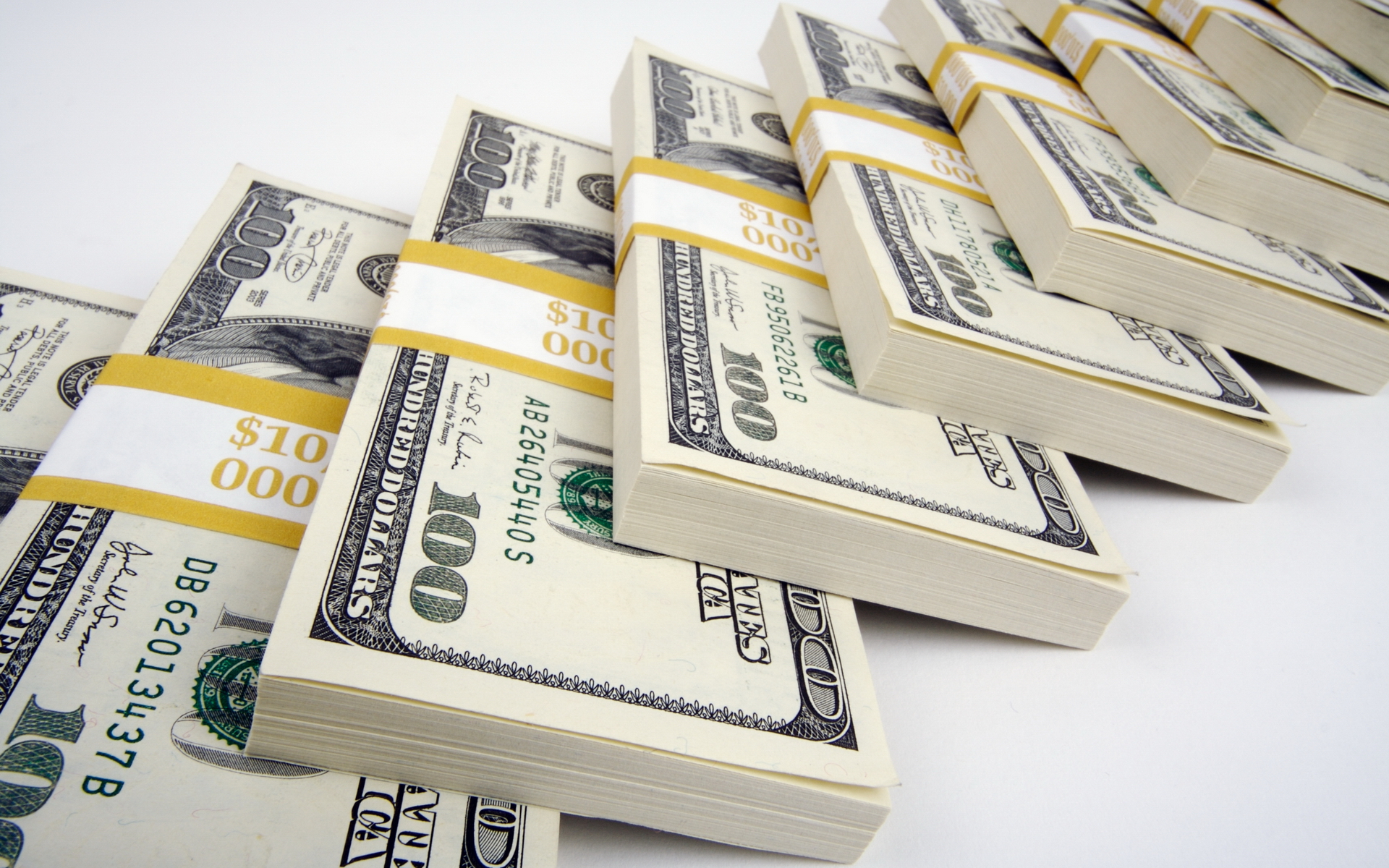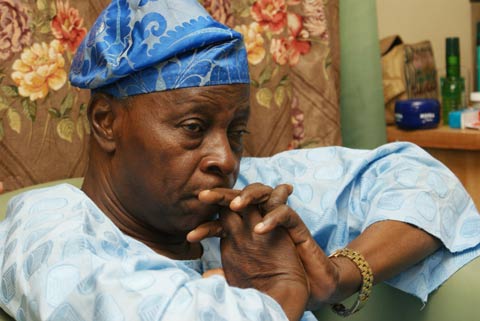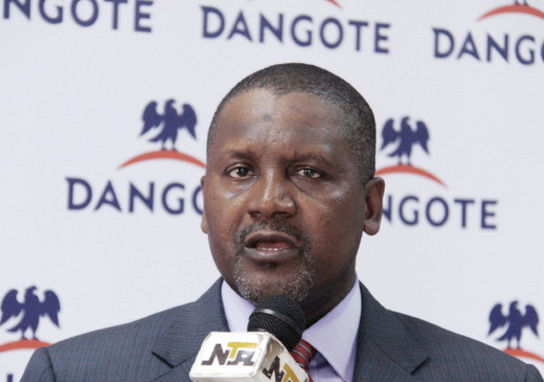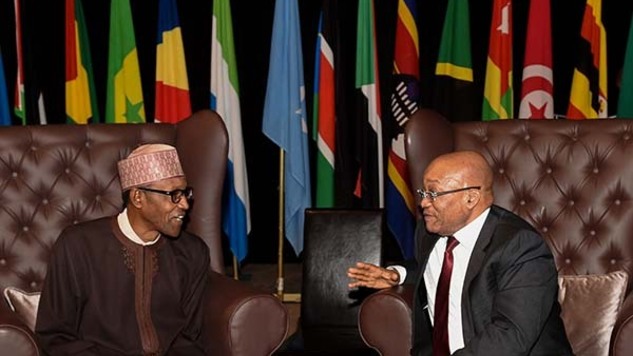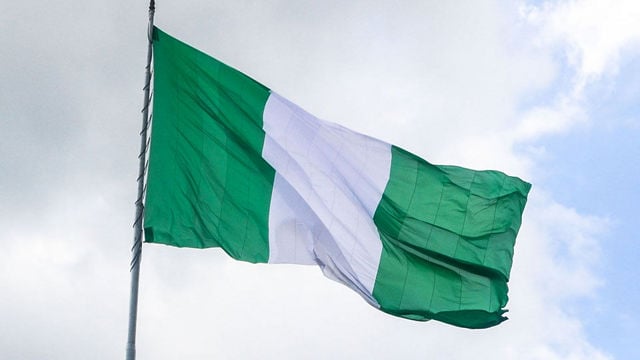It is good news again from the Central Bank of Nigeria (CBN) with the rise of foreign reserves for four days consecutively – the first of such since President Muhammadu Buhari took office.
The reserves, which rose by $13 million on Tuesday February 22, have continued to blossom its way out of the 11-year low positions.
The consecutive rise started on Thursday February 24, from $27.804 billion to $27.823 billion as at February 29, surging gradually through the days in-between.
The rise has been attributed to a gradual recovery in oil prices and strict restrictions of capital flow.
Advertisement
The consecutive rise makes for the sixth daily rise in foreign exchange reserves in the last six months.
After rising by $350 million in August 2015, the foreign reserves have not experienced any of such huge leaps in 6 months, with a meagre rise of $32 million in February 2016.
Major restrictions have been put in place to curb excessive outflow of Nigeria’s foreign exchange, following fears that the reserves may be down to zero in 10 months.
Advertisement
Speaking at TheCable devaluation debate, Adams Oshiomhole, governor of Edo state said the nation’s forex outflows vastly outweighs inflow.
“As we speak, I understand that our forex inflow is under $1 billion,” he said.
“If you’re earning less than one billion, and your outflow remains at more than $4 billion, obviously, all other things being equal, I imagine that in one year, our foreign reserves would be zero”.
The measures taken to avert the foretold crisis include; ban on CBN forex sales for the 41 items and halting sales of forex to bureau de change operators.
Advertisement
The position of the CBN and the federal government on forex has been fiercely criticized by many, who consider capital control as counter-productive.
Add a comment

